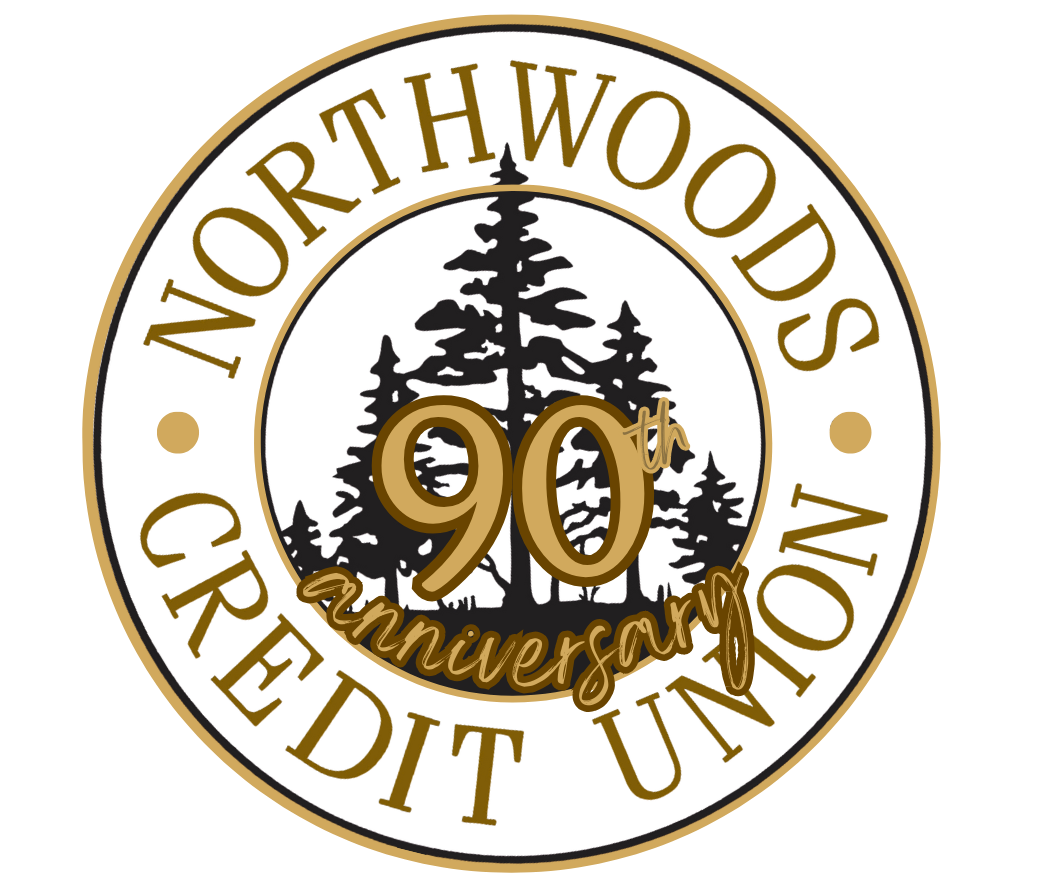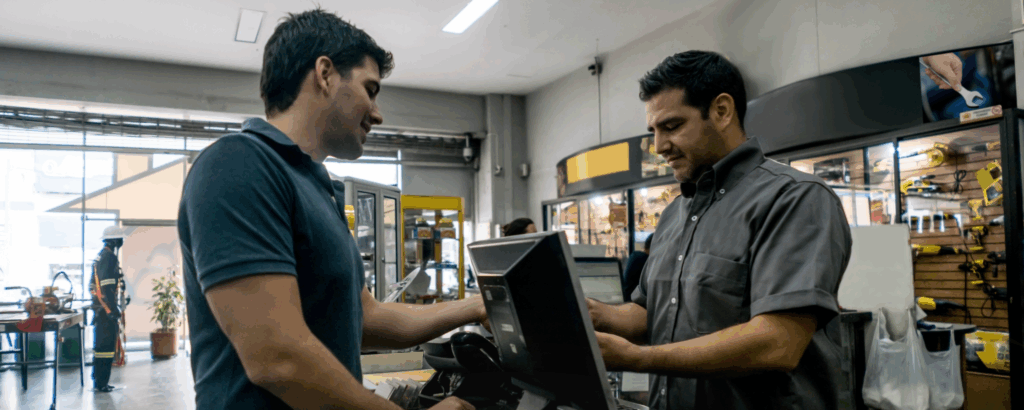Credit cards are a common financial tool that can help you manage spending, build credit history, and provide flexibility when making purchases. But to use a credit card wisely, it’s important to understand how it works and the different types available.
First Things First: What Is a Credit Card?
A credit card lets you borrow money from a financial institution up to a set limit, called a credit limit. You can use it to make purchases, pay bills, or handle emergencies — then pay back what you borrow over time.
When you use your credit card, you’re essentially taking out a short-term loan. You’ll need to pay back at least the minimum payment each month, but paying the full balance helps you avoid interest charges.
How Credit Cards Work
Here’s a breakdown of how credit cards function:
-
Credit Limit: The maximum amount you can borrow on your card.
-
Statement Period: Usually one month, showing all your purchases and payments.
-
Minimum Payment: The smallest amount you must pay by the due date to keep your account in good standing.
-
Interest Rate (APR): The cost of borrowing money if you don’t pay your balance in full each month.
-
Grace Period: The time between the end of your billing cycle and your payment due date — usually 21 to 25 days — when you can pay in full without interest.
-
Fees: Some cards charge annual fees, late fees, or balance transfer fees.
Using your credit card responsibly — such as making on-time payments and keeping your balance relatively low — can help you build a positive credit history.
Why Credit Cards Matter
Credit cards can be useful tools for everyday life. Here are a few common benefits:
-
Convenience: Easily make purchases in person or online.
-
Security: Many cards offer fraud protection for unauthorized transactions.
-
Credit Building: Responsible use helps you establish or improve your credit score.
-
Rewards: Some cards provide cash back, points, or other perks for using the card.
Remember, carrying a balance from month to month can lead to interest charges. Using your card wisely helps you avoid unnecessary debt.
Different Types of Credit Cards
Not all credit cards are the same. Here are the most common types you’ll come across:
1. Standard Credit Cards
-
Basic cards are usually used for everyday purchases.
-
Often have no annual fee.
-
Good option if you’re looking for simplicity.
2. Rewards Credit Cards
-
Earn cash back, travel points, or other rewards for spending.
-
May have higher interest rates or annual fees.
-
Often best for those who pay their balance in full each month.
3. Secured Credit Cards
-
Designed for people building or rebuilding credit.
-
Requires a security deposit, which usually becomes your credit limit.
-
Helps demonstrate responsible credit use over time.
4. Student Credit Cards
-
Geared toward young adults with limited credit history.
-
Often have lower credit limits and simple reward programs.
-
A good starting point for learning healthy credit habits.
5. Balance Transfer Credit Cards
-
Allows you to move debt from one card to another, sometimes with a low introductory rate.
-
Helpful for managing or paying down existing credit card balances.
-
Watch for transfer fees and rate changes after the introductory period.
Quick Tips for Using a Credit Card Wisely
-
Pay your balance in full whenever possible.
-
Keep your credit utilization (balance compared to limit) below 30%.
-
Make payments on time to avoid fees and protect your credit score.
-
Review statements regularly for errors or unauthorized charges.
-
Avoid taking on more credit than you can repay.
The Bottom Line
Credit cards can be powerful tools when used responsibly. They offer flexibility, convenience, and the opportunity to build credit — all while giving you peace of mind for purchases and emergencies. Understanding how credit cards work and choosing the right type for your needs can help you stay in control of your finances.
If you still have questions about your local credit card options here in northern Minnesota, swing by one of our branches in Cloquet, Moose Lake, or Floodwood, and we would be more than happy to answer any questions you may have!
*Not all applicants will qualify. Membership eligibility required. NCU is insured by NCUA.


